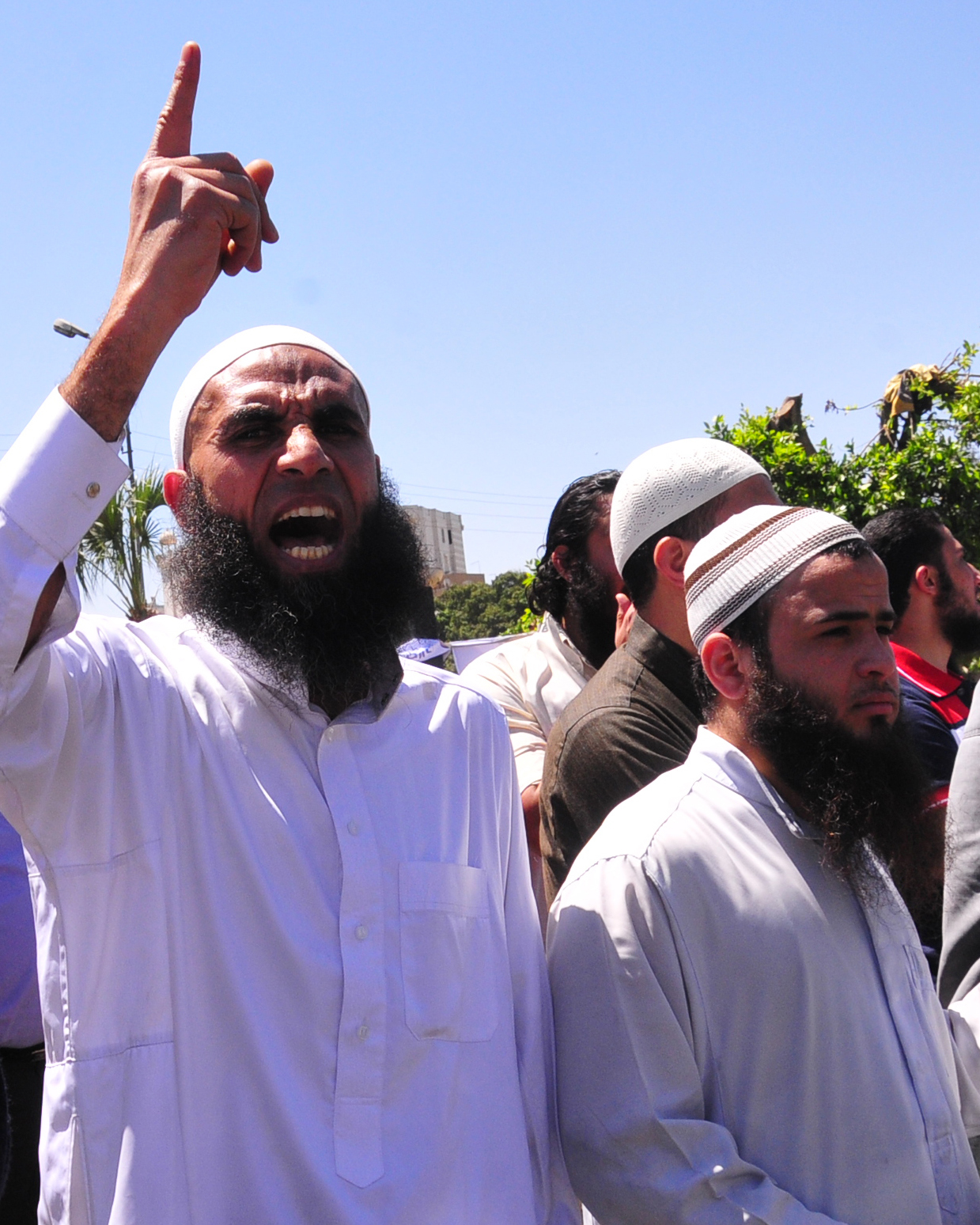The Egyptian regime is mistaken if it thinks that it can exclude the Muslim Brotherhood from the political arena, not only because they are the only power with popular and organizational influence, but also because they represent an Egyptian cultural and intellectual state – that is, seeing religion as a means to reform and change.
Therefore it is difficult to assume that repression and arrests against Muslim Brotherhood members could lead to reducing their influence on the Egyptian street. On the contrary, this is a tool that makes the Brotherhood more appealing and at the same time exposes the authoritarian regime and its rejection of any political or social rival.
Objectively, there are real social risks on the horizon because of the ongoing crackdown exercised by the regime against the Brotherhood. First, such suppression will increase the conservative trend within the group. This already spurs conservatives to lose confidence in the exercise of political action on the grounds that the cost is greater than the gains. The worst is that it might affect the Brotherhood’s younger generation, leading them – under exacerbating pressure on the group – to rejecting and despising the regime and to striving for its removal.
Unfortunately, while preparing my book about the Muslim Brotherhood I sensed an increasingly conservative young trend among the group; some embracing Salafi ideas that are completely removed from the open discourse of the group and similar to the traditional Salafist discourse.
Second, it reinforces the conservative trend that has been steadily growing in Egyptian society.
Here, I am not only talking about a religious trend, but a cultural one as well. We see that an increasing closed religious and cultural discourse is almost dominating the Egyptian social scene.
The dilemma of this discourse lies in the fact that it is an isolationistic discourse that deepens societal passivity and calls for isolation from the “other . It also ascribes the roots of its daily problems to religious metaphysical reasons, reflecting a kind of convincing escape from facing a miserable political and social reality afflicting our country.
Third, it increases the passivity of citizens and distracts them from paying attention to public affairs or contributing to the process of change that Egypt has been experiencing since 2004. Repressive procedures against the Muslim Brotherhood push many people to keep silence, not to support them or participate in any political action for fear of imprisonment.
It is not in the interest of either the ruling regime, the opposition, the Muslim Brotherhood, Muslims or Copts to have a political scene that resembles a boxing match between the Brotherhood and the regime; a game in which spectators are confused, as there is no visible end to this absurd scene.
This takes place at a time when there is an isolationistic view growing on the margins, eroding our moderate culture, and chiseling a thick wall between us and the outer world.
That is why one of the possible exits from this scene is to break the vicious circle by changing the rules of the game between the two sides, either through the entry of a third party, which is unlikely at this stage, or through rearranging the stage to replace the constant conflicts and challenges with calm and cooperation.
It makes me wonder why the regime does not allow the Muslim Brotherhood, the largest moderate Islamist group in the Arab world, to exercise some sort of social and political activity, within a set framework, giving them a channel instead of suffocating them, even though they can be suppressed at any time by constitutional, legal and security tools to stop their activities?
On the other hand, why does the Brotherhood not give up their narcissism as the know-it-all of the nation s interests and the most qualified to defend its dignity. Rather, they should concentrate only on providing services to their community through dissemination of tolerance and moderation.
They should show willingness to cooperate with the regime, or at least with its new elite, in order to bring about a stable and secure social and political transformation in Egypt, especially since the group does not represent a real political threat to the survival of the regime; at least not at this stage.
In short, why does the group not engage in a positive, pragmatic (even if undeclared) dialogue, so that each party recognizes the strength of the other, and both should be aware that there are limits in the relationship between them that must not be transgressed. This will be based on a social common denominator, hoping to end the historical rupture between the sons of our homeland.
Is this possible?
Khalil Al-Anani is an expert on Political Islam and Deputy Editor of Al Siyassa Al Dawliya journal published by Al-Ahram Foundation.


